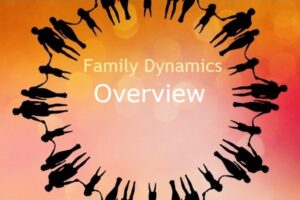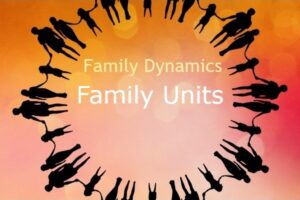
Archangel Michael, whose name means ‘He Who is Like God’, stands as a towering figure in religious texts, embodying strength, protection, and divine justice. As the Archangel, his role surpasses that of a mere messenger of God; he is a warrior. Michael is often depicted as a warrior, donning armor and wielding a flaming sword, a symbol of his ability to cut through deception and evil, defending the innocent and leading souls toward the light. His dedication to battling injustice reflects a deep concern for moral and ethical integrity, inspiring individuals to stand firm in their convictions and fight against wrongdoing in their lives.
Archangel Michael is celebrated for his victory over Satan, often depicted in art and literature as triumphantly slaying a dragon, a symbol of the devil. This image embodies the ultimate battle between good and evil, showcasing Michael’s role as a divine warrior who fights not with physical weapons but with the power of faith and righteousness.
Beyond his warrior aspect, Michael is also revered as a healer and a guide for the souls of the departed. In many traditions, he weighs the souls of the deceased, guiding the righteous to heaven. His presence is invoked for protection against harm and evil, and many pray to him for courage and strength in times of trouble. Archangel Michael’s enduring legacy as a symbol of good triumphing over evil continues to inspire and comfort millions around the world, making him a central figure in the spiritual lives of many.
READ: The Divine Council – Archangels Michael, Gabriel, Uriel, And Raphael
Join me online, or one-on-one, and discover how you can be divinely guided by the Divine Council.



